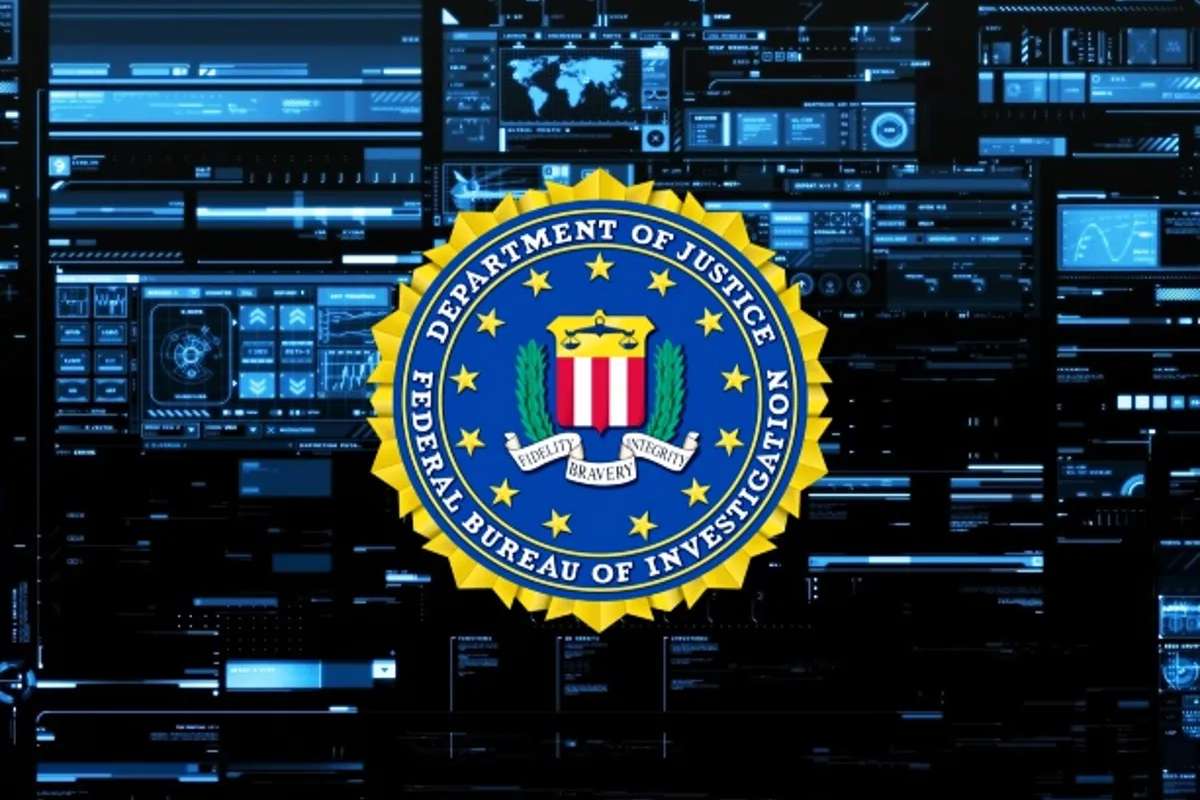The shipping industry is grappling with an alarming rise in cyberattacks, increasingly linked to state-sponsored hackers. A recent study has revealed a significant uptick in cybersecurity threats in shipping Sector, raising concerns about the industry’s vulnerability to digital threats. The increased frequency and sophistication of these attacks underscore the urgent need for enhanced cybersecurity measures.
Rising Cybersecurity Threats in Shipping Sector
According to a report by the Financial Times on July 27, research conducted by NHL Stenden University of Applied Sciences in the Netherlands has highlighted a dramatic increase in cybersecurity threats in the shipping Sector The study found that last year alone, the industry experienced at least 64 cyber incidents. This marks a stark contrast to previous years, with only three incidents reported in 2013 and none in 2003.
The research also revealed that more than 80% of these incidents involved attackers from Russia, China, North Korea, or Iran. Guy Platten, Secretary-General of the International Chamber of Shipping, which represents shipowners controlling approximately 80% of the world’s commercial fleets, expressed grave concerns about the erosion of the international rules-based order that has historically safeguarded maritime operations. He warned that this system, which has benefitted shipping since World War II, is now under unprecedented threat.
Industry Unprepared for Digital Threats
Shipping experts are sounding alarms about the industry’s preparedness for cyber threats. Historically, the sector has been adept at handling physical threats, such as piracy, but it is now facing a new and less understood challenge. Stephen McCombie, a professor of maritime IT security at NHL Stenden, pointed out that the maritime industry’s investment in IT infrastructure is relatively low compared to other sectors. This lack of investment has left the industry ill-equipped to deal with sophisticated cyber threats.
McCombie also noted a shortage of professionals with both maritime and cybersecurity expertise, which exacerbates the sector’s vulnerability. Shipowners are increasingly seeking individuals with specialized knowledge in both fields, but this is a limited and growing pool of talent. This shortage of qualified personnel is a significant hurdle in strengthening the Cybersecurity threats in shipping Sector industry’s defenses against cyberattacks.
Global Cybersecurity Landscape and Industry Response
The shipping sector’s struggles are part of a broader trend of increasing cybersecurity incidents worldwide. According to a PYMNTS report published earlier this month, 2024 has been marked as a particularly challenging year for cybersecurity, with many industries facing heightened cyber threats. The report highlighted that a large proportion of eCommerce businesses have been targeted by cyberattacks or data breaches over the past year. Specifically, 82% of these businesses reported experiencing at least one attack, and 47% noted that these breaches resulted in revenue and customer losses.
Michael Shearer, Chief Solutions Officer at Hawk AI, emphasized the adversarial nature of the current cybersecurity landscape. He noted that both cyber criminals and the financial community are now equipped with advanced technology, which makes the battle more complex. Shearer stressed the importance of data organization and connectivity in enhancing cybersecurity. He highlighted that understanding and integrating data effectively is crucial for building a robust defense against cyber threats.
Conclusion
The escalating cybersecurity threats in shipping sector serve as a stark reminder of the evolving nature of global security threats. As the sector grapples with these challenges, it is evident that increased investment in IT and cybersecurity expertise is essential. The industry must adapt to the growing digital threats and strengthen its defenses to safeguard its operations and maintain the stability of global maritime trade.
Also Read: Cyber Pro Magazine






